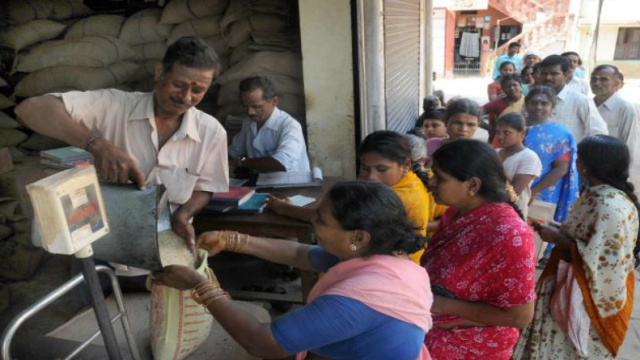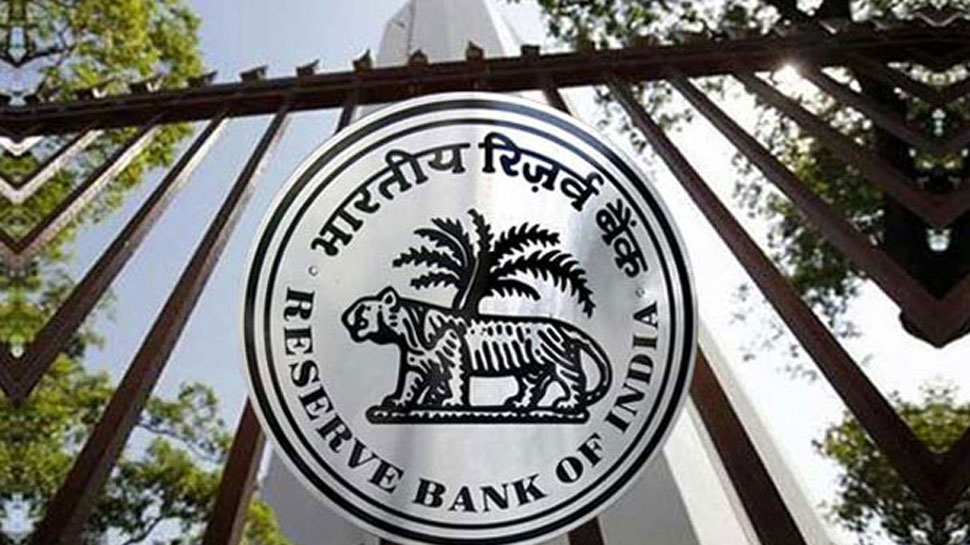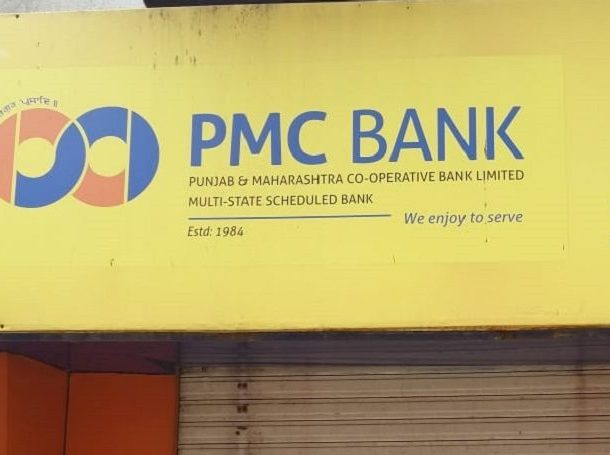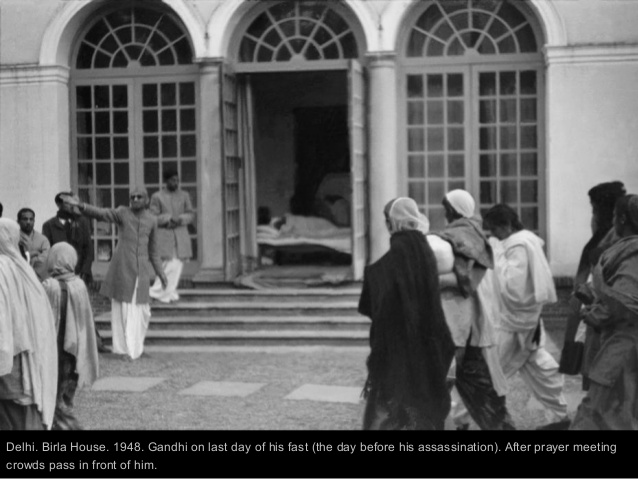It is only through enhanced literacy and awareness that any public policy can attain success and meet the targets it was initially designed for otherwise it continues to remain documentary and does not percolate down to the lives of ordinary people. Here is a revealing experiential account of such a policy and how with inadequate infrastructural support it does little benefit for the common people.
S.Indrakant is RBI Chair Professor, Council for Social Development, Hyderabad.
A.Mahendran is a PhD Scholar, Tata Institute of Social Sciences, Mumbai.
One day some of us were standing near a Bank in Puducherry and conversing on the recent headlines in the Newspapers. At that time we saw an old woman, with great difficulty, limping towards us. First we thought that she was coming to beg for some alms. But her face was jubilant. She told that the Government had permitted her to open a Bank Account (under PMJDY) without any deposit. Now her social status has improved as the Government has recognized her existence. Earlier her status was like that of a stray dog whose existence nobody takes note of. She was overjoyed as the Government had deposited Rs. 1322.75 in her Account (under Direct Benefit Transfer Scheme in lieu of Public Distribution System. She planned to withdraw Rs. 1000 to purchase food and keep the remaining amount for the rainy day. Then she handed over the Withdrawal Form with a request to fill it up. She thanked us after taking the filled-in Form and shared some details about her household. Both her husband and brother were addicted to drinks and only the female members of the family with their limited earnings had to take care of the basic needs of the eleven members of the family. Then she limped back to the Bank to withdraw badly needed cash to purchase food.
Accidentally on the next day around the same time we met the same old woman. We enquired whether she bought food with the cash drawn from the Bank. There were signs of frustration on her face. She informed that after standing for long hours in the queue in the Bank she could get two 500 rupee notes. As she was very tired she directly went home to take rest. In the morning when she went to shop to buy the food no shop-keeper was accepting the notes. So she came to the Bank to return the notes but to her disappointment the Bank was closed. We were pained to know her sad plight but consoled her that she can exchange the notes on the next day. This incident made us think about various dimensions of the policy of introduction of DBT (Direct Benefit Transfer ) Scheme in the place of PDS and Demonetization of Rs. 500 and Rs. 1000 currency notes.
In response to several criticisms of the PDS, Direct Benefit Transfer Scheme as an alternative to PDS is being implemented in Puducherry and Chandigarh from September 2015. In the light of our interaction with old women we had interaction with ration card-holders in Puducherry and Chandigarh to know the impact of DBT Scheme.

Puducherry Scenario
In Puducherry earlier to the implementation of DBT scheme a BPL household used to get 20 kgs of rice per month @ Re. 1 per kg and 5 kgs of wheat @ Rs. 5.50 per kg while Anthyodaya Anna Yojana (AAY) ration card-holder used to get 35 kgs of rice per month @ Re 1 per kg. Under DBT Scheme a BPL household gets 10 kgs of rice free of cost and an amount of Rs. 120 per adult while a AAY card-holder gets 35 kgs of rice free of cost and additional amount of Rs. 841 per month.
In Puducherry we had discussion with about 40 card-holders. Most of them happened to be homemakers. They were satisfied with the use of electronic weighing machine in FPS and Bio-informatics ration cards. The respondents shared the difficulties encountered under DBT Scheme like long distance of Banks and ATMs from their home compelling them to go either by Auto or by Bus, long waiting time at banks due to overcrowding to withdraw their cash, lack of intimation about cash deposited in their Account. The problem in rural areas is much severe. Some women respondents lamented that the cash deposited in their Account is forcefully taken away by their husband/brother who are addicted to drinks.
Chandigarh Scenario
In Chandigarh under PDS a BPL household used to get 2 kgs of rice at Rs. 3 per kg and 3 Kgs of wheat at Rs. 2 per kg per person per month. Thus a household with 5 members used to get 25 kgs of cereals for Rs. 60. In addition, the household was given 10 kgs of wheat at Rs. 7 per kg by the Government. In all, the household with 5 members used to get 35 kgs of cereals for Rs. 130. After the introduction of the DBT Scheme an amount of Rs. 95 per head is being deposited in the Account of the household. The card-holders were able to tell how this figure was arrived at by the Government. Rationally speaking the amount must be so fixed that the card-holders should be able to purchase with that amount the material provided under the PDS from open market.
Discussion with the card-holders was revealing. Most of the respondents happen to be women. Among them there was near unanimity in favour of PDS. They informed that the material supplied under PDS earlier met their food requirement for 20 days in a month and had to depend on market to meet the demand for remaining 10 days. On the other hand, the cash received under DBT Scheme is sufficient to buy the food required for 10 days. Even this cash is not regularly debited into their Account.
The DBT Scheme has been introduced to overcome the deficiencies of PDS. The success of DBT Scheme crucially depends upon the extent of financial literacy, financial inclusion and physical accessibility of food grains throughout the length and breadth of the country. The cash given in lieu of PDS ration must be rationally and regularly revised. The responses of the households in both Puducherry and Chandigarh indicate that efforts are needed on a massive scale to meet these pre-requisites.
The New Leam has no external source of funding. For retaining its uniqueness, its high quality, its distinctive philosophy we wish to reduce the degree of dependence on corporate funding. We believe that if individuals like you come forward and SUPPORT THIS ENDEAVOR can make the magazine self-reliant in a very innovative way.












